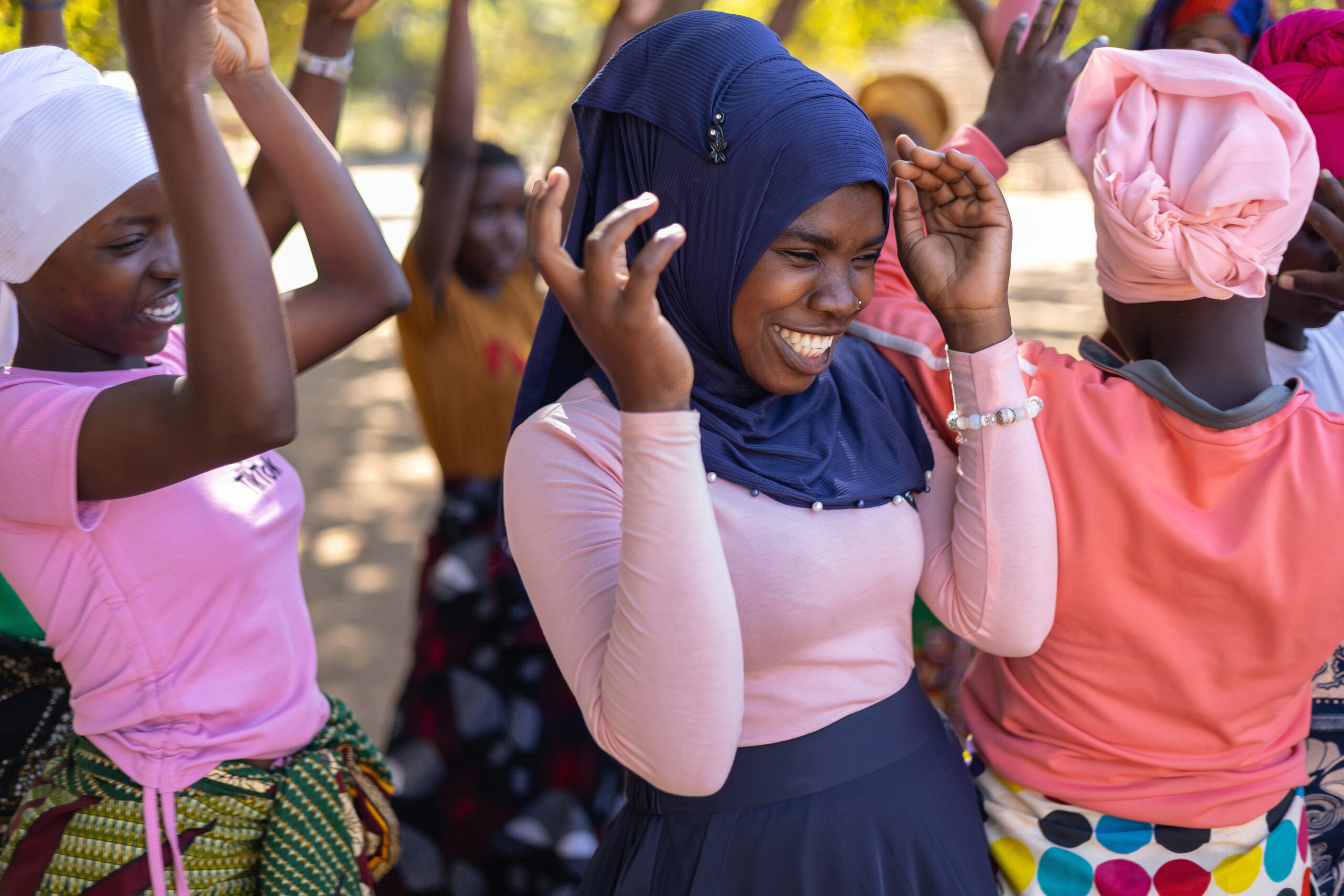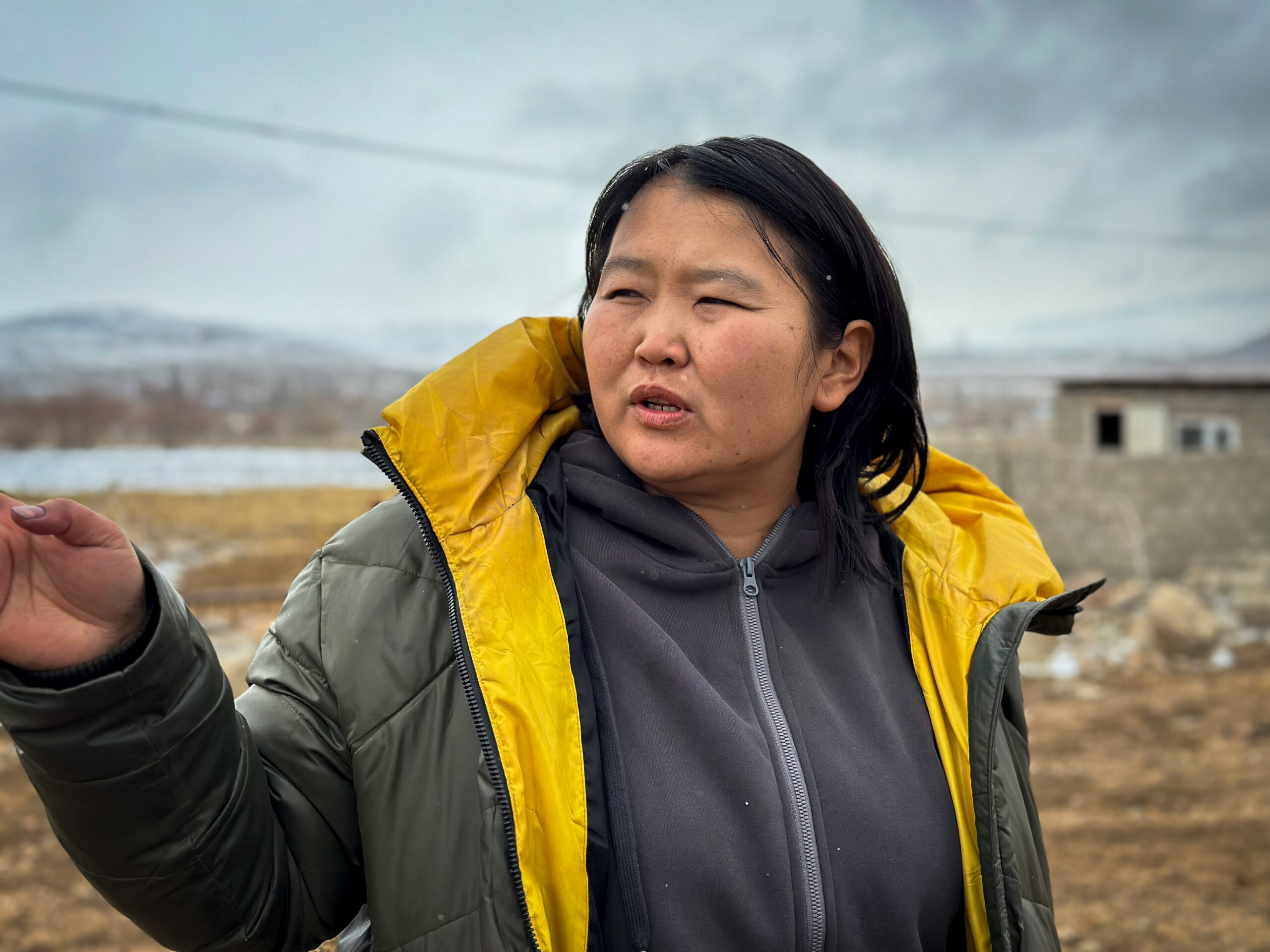In 2016, the Aga Khan Development Network (AKDN) launched the School Improvement Programme (SIP) in northern Pakistan in partnership with local government.
Based on AKF’s global “whole-school improvement” model and AKDN’s long-term experience in Pakistan, SIP seeks to improve public sector, community, and low-cost private schools in some of the most marginalised parts of northern Pakistan.
Background and Context
In the mountainous regions of northern Pakistan, the Aga Khan Development Network (AKDN) has been working to provide quality education for decades, resulting in some of the highest literacy rates in the country, especially for girls. Despite this progress, there is still a serious education crisis in Gilgit Baltistan and Chitral, especially in the most remote valleys. Like the rest of Pakistan, quality education there remains a critical challenge.
In Gilgit-Baltistan, female literacy rates can be as low as 7%. In Chitral, over 75% of children aged 3-5 do not have access to early childhood education. Rote learning and memorisation govern most classrooms. Teachers lack skills and motivation. School accountability and governance remains poor. Parents and teachers blame each other for the low pass rate of students. Children are left unsupported and unequipped to reach their full potential.


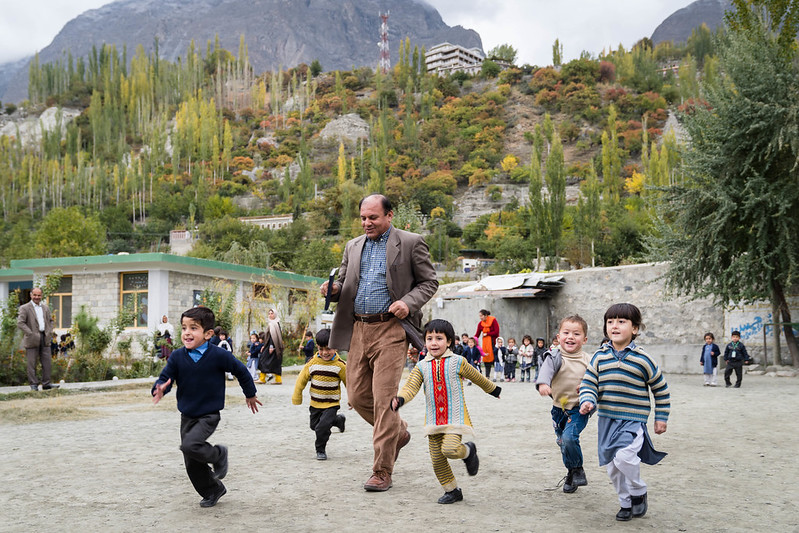
AKF’s Approach
Building on the success of decades-long interventions by the Aga Khan Development Network in northern Pakistan and globally, SIP works to improve learning outcomes of students in over 270 government and community schools in ten valleys in Gilgit-Baltistan and six in Chitral.
SIP takes a holistic approach to school improvement that puts children at the centre. With SIP, whole school communities come together to identify solutions to make their local schools more effective. AKF acts as a facilitator working with the Aga Khan University-Institute for Educational Development’s Professional Development Centres, Aga Khan Education Service Pakistan, and the local education system to develop strong linkages between the home and school. Since 2016, there has been a marked improvement in the schools and environments where SIP has been implemented-changing attitudes, shifting mindsets, and motivating all community members to take part in improving their children’s education.
“The children trust me now. That’s improved attendance and the overall mood in school, and that improves achievement.”
Teacher in a SIP-supported school
Transforming teachers and school leaders is key to the programme. SIP equips cadres of highly motivated teachers, head teachers, school management committee members, and local government officials as members of the lead trainer team. They draw on ‘locally rooted, globally informed’ best practices to apply in their own classrooms, and to use to train and mentor peers.
SIP's impact to date
Members of the trainer teams are selected by the local government to enrol in a series of trainings at AKU’s Institute for Educational Development’s Professional Development Centres (PDCs). The robust trainings cover: (1) school development planning using a whole-school approach; (2) instructional leadership; (3) early childhood education and development; (4) promoting a culture of reading through the Reading for Children model; (5) multigrade teaching strategies; and (6) building education communities of practice. For some trainings, SIP draws on the expertise of teachers from Aga Khan Education Services. The trainers then hold field-level sessions to share their new knowledge and skills with peers in their “cluster,” a small group of neighbouring primary and secondary schools.
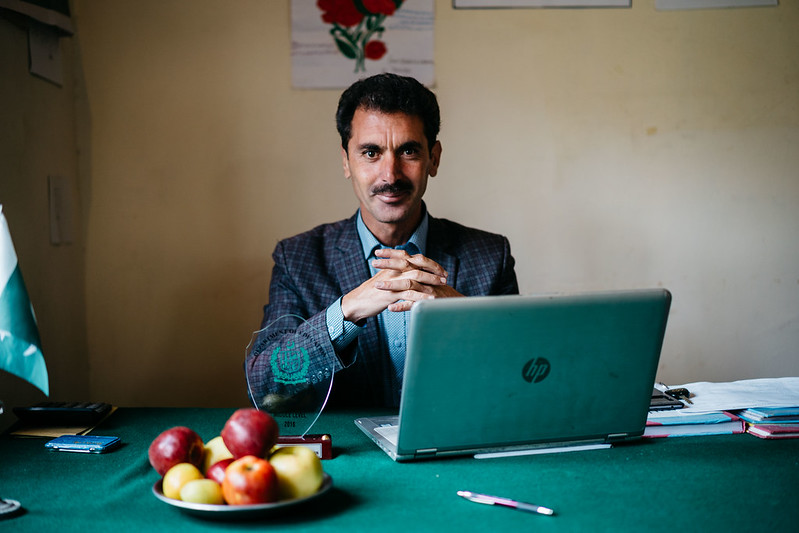

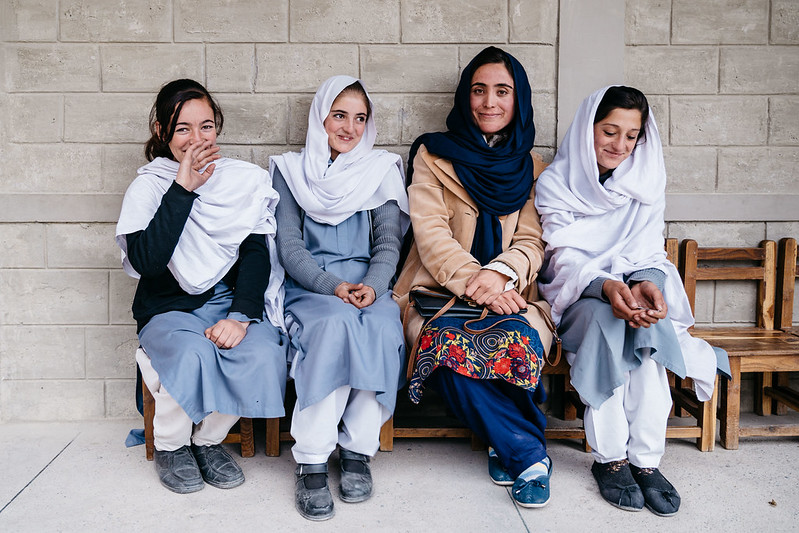
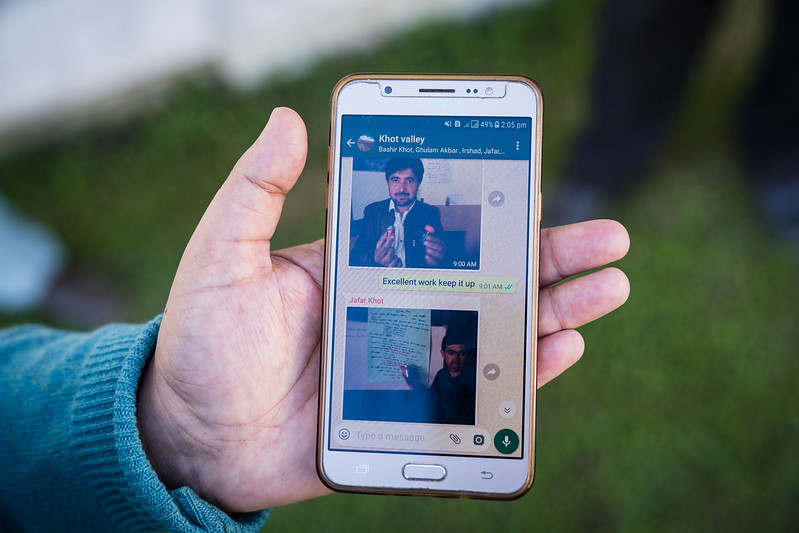
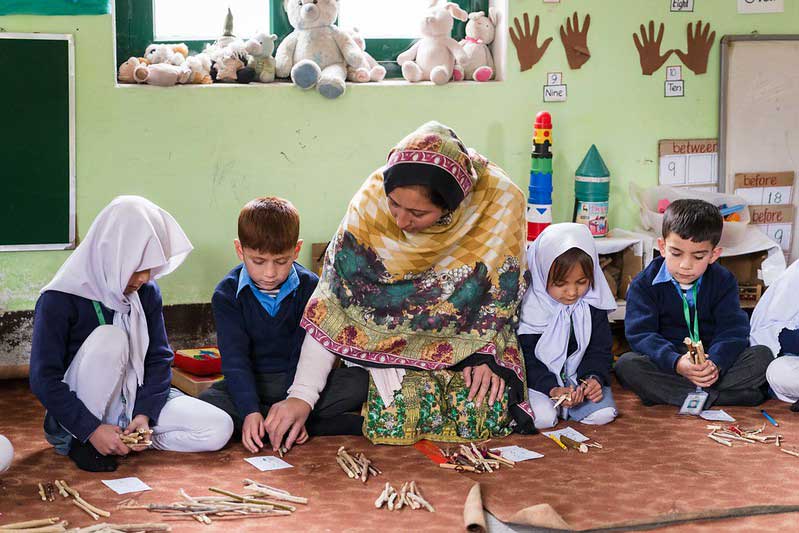
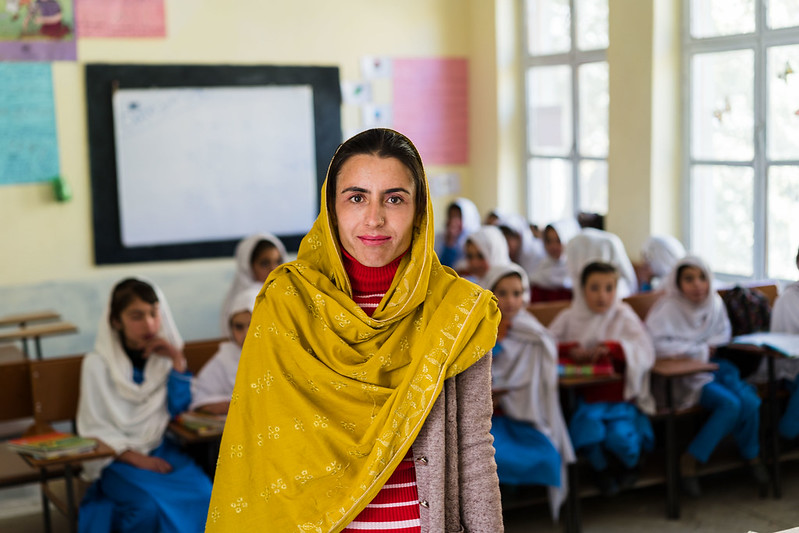
In addition, some teachers are selected as subject knowledge mentors and receive additional training in Science, Maths, English, and Urdu. This training fills a gap in content knowledge and boosts teachers’ confidence and motivation to affect positive change in their schools. Teachers also form education communities of practice, engaging on best practices through regular meetings, WhatsApp messages, and mentoring sessions. Following these interventions, teachers in SIP-supported schools are now able to create a more engaging environment that gives them renewed pride and benefits their students’ learning.
Community-owned, System-led
If the teachers are at the heart of SIP, then parents and community members are the lifeblood of the programme. In addition to training teachers to make a difference in their individual classrooms, SIP works to strengthen school leadership, enhance community engagement, and create an ecosystem of sustained support. The involvement of parents and community members is critical to SIP’s success and sustainability. Teachers use simple but powerful messaging to convey to parents that-no matter their own education or literacy level-they can contribute meaningfully to their children’s development. The schools invite parents to be effective partners and monitors of the school’s performance. In collaboration with principals and school management committees, teachers and parents meet to develop a shared vision for the school-an unprecedented activity in settings where parents are rarely engaged.
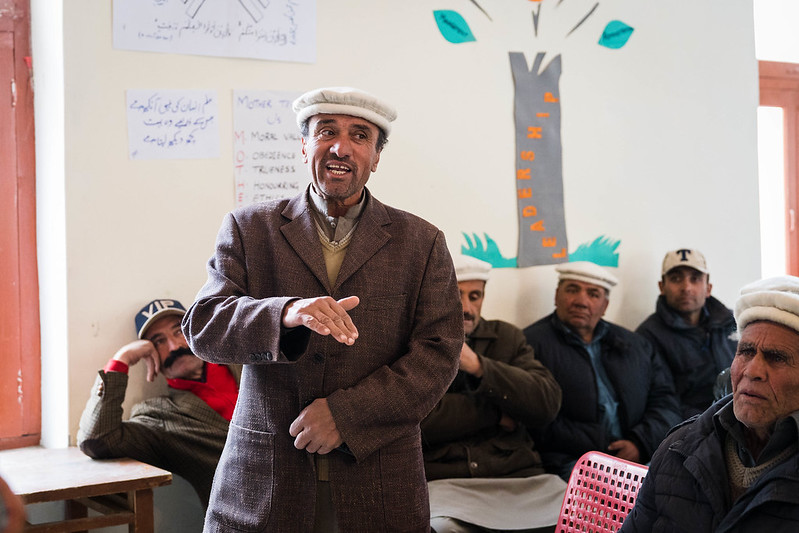
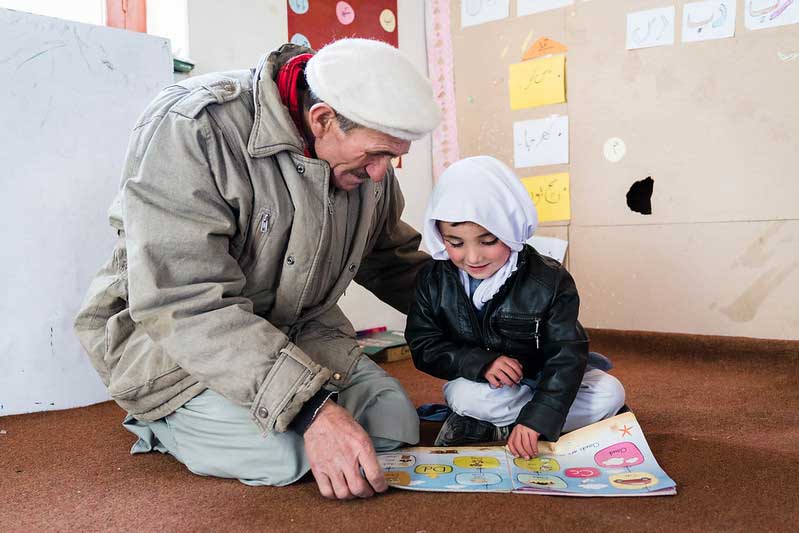
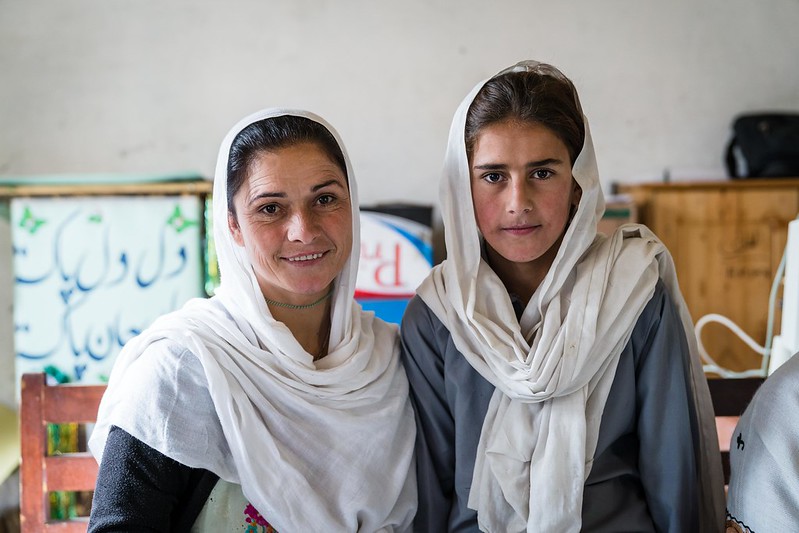
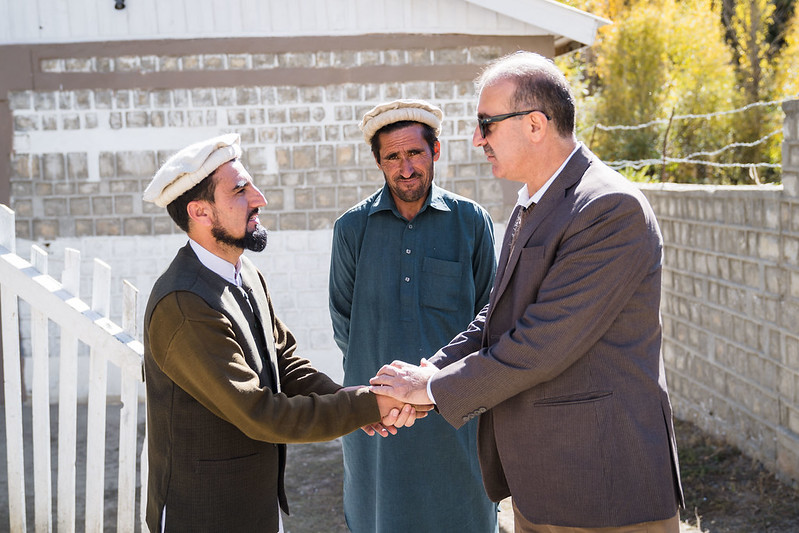
Also central to SIP’s success is working with and through the government’s systems and structures-from involvement in school selection to project implementation. Government actors drive the program in lock step with the community, parents, teachers, trainers at the PDCs, and the AKF Pakistan team.
As a result, SIP is a truly collaborative, integrated model that can be replicated across schools, even in the most resource-limited settings.
“Because of SIP, my interest in my child’s education grew. Now our home environment has changed. Before, my children were only interested in playing. Now they are more interested in reading books.”
Mother in a SIP community
Early Moments Matter
New research shows that a child’s earliest years has a lifelong impact on overall development. SIP is credited with bringing meaningful pre-primary classes to many government schools in northern Pakistan for the first time, and to much success.
In lmmit Valley, for example, children as young as 3 years have started to attend pre-primary classes-in a district where only 50% of 3 to 5-year-old children have access to pre-primary education. With SIP, early years classes are now conducive learning environments where teachers use developmentally appropriate ways of teaching and young children learn with joy. The popular Reading for Children (RfC) programme, which aims to promote a culture of reading, has also been introduced in all SIP schools and communities. RfC provides teachers with the tools to train parents-both literate and illiterate-on how to ‘read’ or tell stories in a way that engages young children. Further, the programme has established around 270 school- and community-based libraries, enabling families to access contextually relevant and age-appropriate books at home, and to benefit from the closer family relationships formed as a result.
SIP impact to date
A recent RfC report documents this change in the home:
“The four literate mothers that we observed read with energy and expression. They seemed to have a well-tuned sense of when to pause to explain in their local language, when to point something out, when to encourage the children to show what they saw.”
The report notes the cosy feeling that a bookshelf created in one home, with young children settling in close to their mothers to wait eagerly for reading to begin. For many children, this setting can pave the way for a lifelong love of reading.
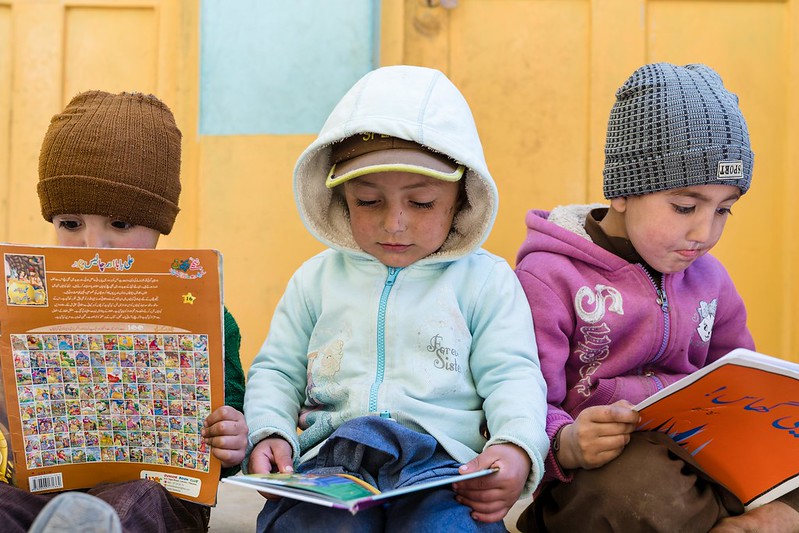
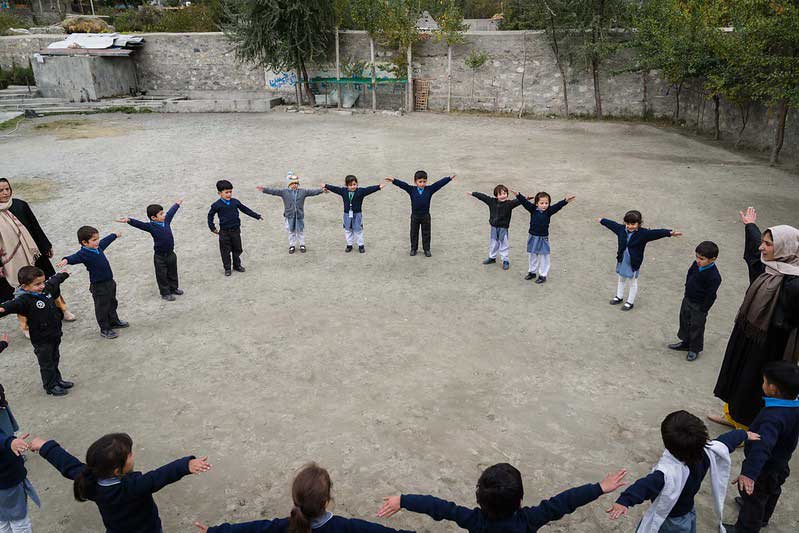
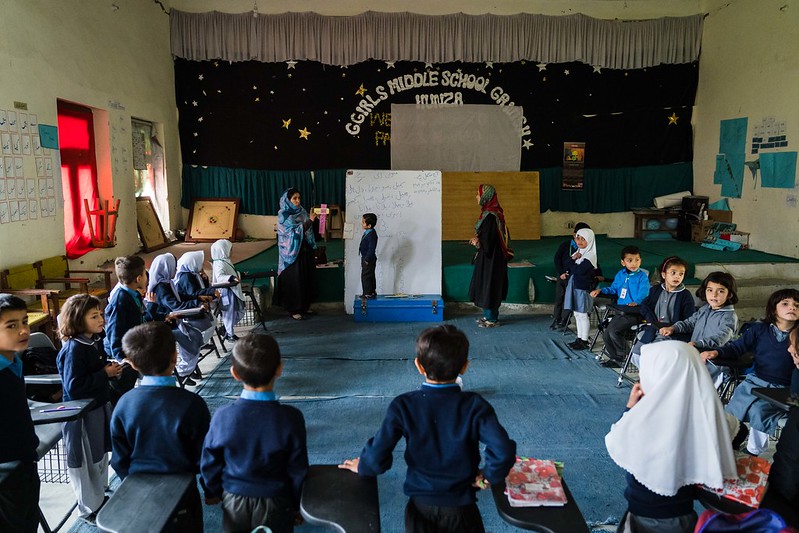
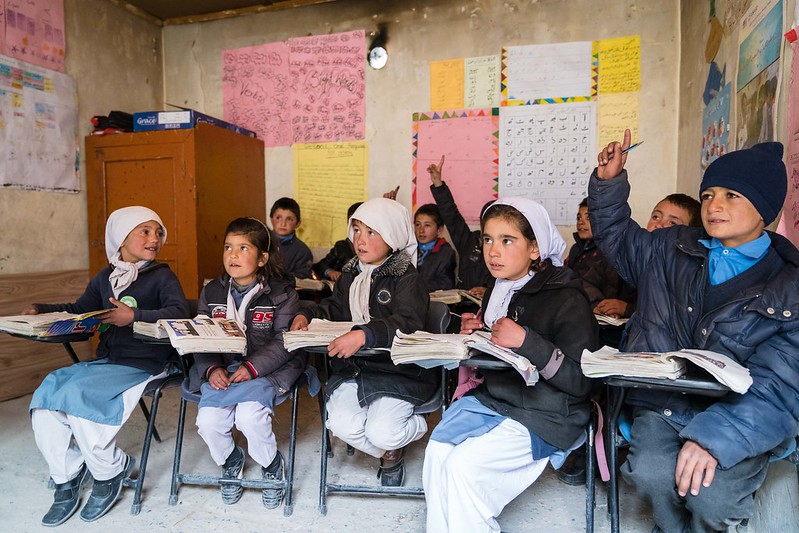
Results
Since starting in 2016, SIP has made great strides. Classrooms that were barren are now filled with colourful imagery and low-cost teaching aids, with teachers as facilitators of learning and children actively engaged.
Tangible achievements to date include:
- Parents now feel a sense of ownership in their children’s learning: Across Gilgit-Baltistan and Chitral, teachers and community members point to the radical mindset shift that has occurred in parents, especially mothers.
- Communities are active as powerful catalysts for change: Building relationships with government officials has improved access to information and allowed communities to feel recognised and supported.
- Teachers demonstrate improved classroom practices: Teachers who formerly lectured their students now engage in child-centred activities.
- SIP-supported schools are beginning to show better enrolment, retention rates, and learning outcomes, according to stakeholder reports: Children are now more eager to come to school and, as a result of borrowing books from SIP-supported libraries, they are better readers.
- The myth about government schools is being dispelled: SIP has shattered the myth that government schools are made up of unengaged teachers and disinterested parents.
- Government schools are emerging as schools of choice: In 2018, the Department of Education in Gilgit-Baltistan recognised 6 “Schools of the Year”-four of them were SIPsupported schools. The AKU-IED Professional Development Centre, North received the 2018 “Best Friend of the Department of Education” Award.
“Now parents want to bring their children to our school, a government school. Our teachers are more engaged, our parents are more engaged, and the community sees that.”
School management committee member
The Way Forward
AKF is committed to helping stakeholders improve these 270 schools to ensure better student learning outcomes. In 2019, SIP will expand to an additional 65 schools-reaching a total of 337 schools in the remote valleys of Gilgit-Baltistan and Chitral. Further, AKF will work with the government to explore scaling up the programme to other schools. In addition to SIP, in 2019, AKDN is implementing UNESCO’s Girls’ Right to Education Programme in 170 schools in Gilgit-Baltistan, expanding geographical coverage to a further 4 districts.




